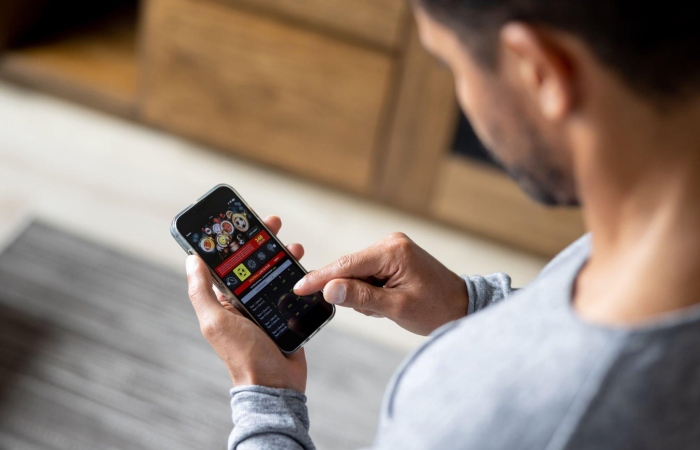Table of Contents
Introduction
Gambling addiction, also called compulsive gambling, compulsive gambling, or compulsive gambling, is an impulse control disorder. You’ll play whether you’re up to or down, broke or flushed, and you’ll keep playing regardless of the consequences, even if you know the odds are stacked against you or you can’t afford to lose. If you are an obsessive gambler, you cannot switch the urge to gamble, even if it takes terrible consequences for you or your loved ones.
Gambling addiction is any gambling behavior that disrupts your life. If you gamble, spend more and more time and cash, seek losses, or gamble despite thoughtful penalties in your life, you have a gambling problem. Of course, you container also have a gambling problem without losing control completely.
Gambling Addiction Signs And Symptoms

Gambling addiction is sometimes called a “hidden disease” because there are no obvious physical signs or symptoms like drug addiction or alcoholism. Compulsive gamblers often deny or minimize the problem, even to themselves. However, you may must a gambling problem if:
Feel compelled to keep your game a secret. You may be secretly gambling or lying about how much you are betting and feeling that others will not understand or that you will surprise them with a big win.
You have trouble controlling your game. When he starts to play, can he walk away? Or are you forced to play until you’ve spent your last dollar and increase your bets to win back the lost money?
Play even if you have no money. You can play until you’ve spent your last dollar, then move on to capital you don’t have: money to pay bills, credit cards, or things for your kids. You may feel compelled to borrow, sell, or even steal things to play with money.
Worry about family and friends. Denial keeps gambling compulsive. When your friends and family are worried, listen carefully. It is not a sign of weakness to ask for help. Many older players are hesitant to turn to their adult children when they’ve lost their legacy, but it’s never too late to change for the better.
Self-Help For Problem Gambling
The most significant step in overcoming a gambling addiction is realizing that you have a problem. It takes tremendous strength and bravery to admit it, especially when you’ve lost a lot of money and had strained or broken relationships in the process. Do not despair and try to do it alone. Numerous others have been in your shoes and have remained able to break this habit and rebuild their lives. You can too.
Or after a stressful day at effort or after an argument with your spouse? Play can be a way to soothe uncomfortable emotions, relax, or socialize. But there are healthier and more active ways to control your mood and relieve boredom, such as B. Playing sports, spending time with friends who don’t play, taking up new hobbies, or practicing relaxation techniques.
Strengthen your support network. It’s hard to beat addiction without support, so reach out to your friends and family. If your support network remains limited, there are ways to make new friends without relying on visiting casinos or playing online. Try reaching out to your co-workers, joining a sports team or book club, enrolling in an educational course, or volunteering for a good cause.
How To Stop Gambling Forever
For many problem gamblers, the biggest challenge isn’t stopping gambling but staying in recovery by making a permanent commitment not to gamble. The Internet has complete gambling much more accessible and more difficult for recovering addicts to avoid relapsing. Online casinos and sports betting are open 24/7 to anyone with a smartphone or access to a computer. But further healing from gambling addiction or problem gambling is always possible by surrounding yourself with people you are responsible for, avoiding enticing environments and websites, giving up control of your finances (at least initially), and finding healthier activities to substitute.
Also Read: What Is Audio technology? – Information, And Important


